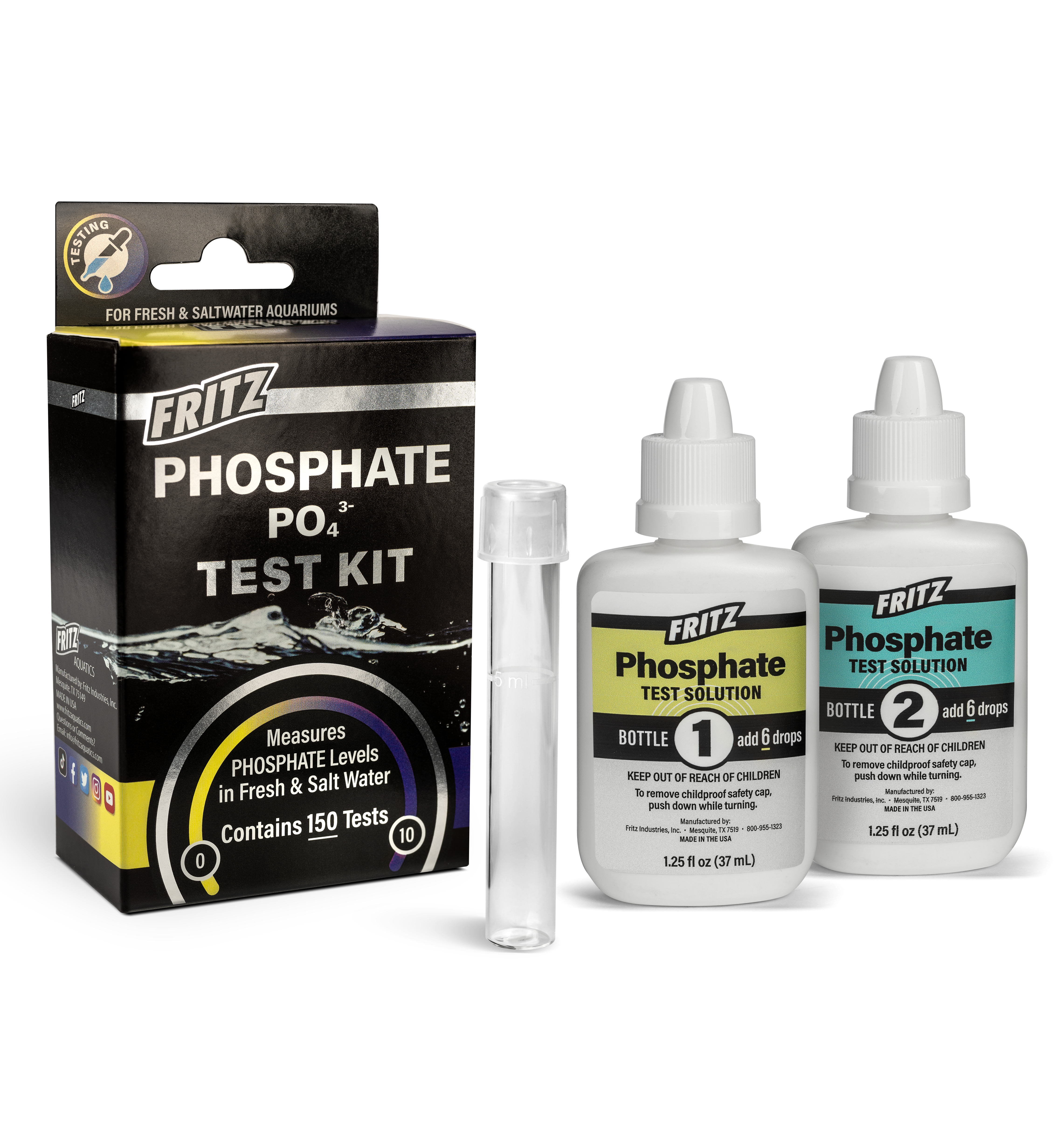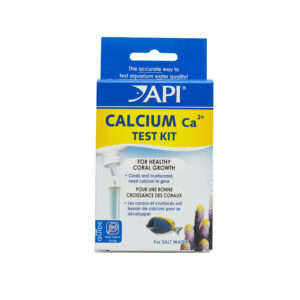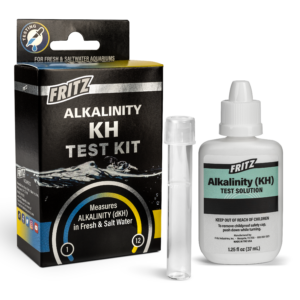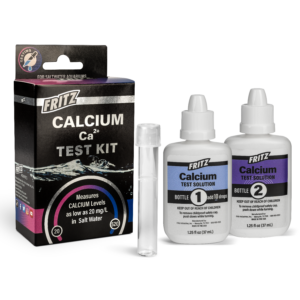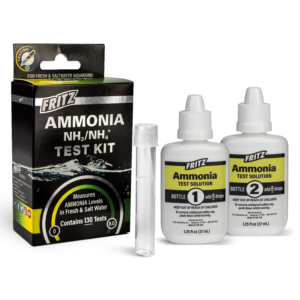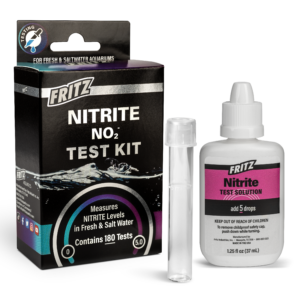-
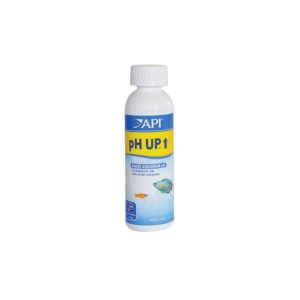 API pH Up 4oz
×
$14.162 × $7.08
API pH Up 4oz
×
$14.162 × $7.08 -
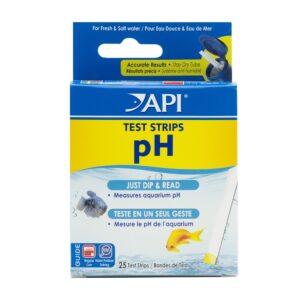 API pH Test Strips 25ct FW/SW
×
$12.981 × $12.98
API pH Test Strips 25ct FW/SW
×
$12.981 × $12.98 -
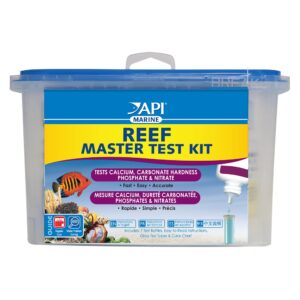 API Reef Master Test Kit
×
$107.943 × $35.98
API Reef Master Test Kit
×
$107.943 × $35.98 -
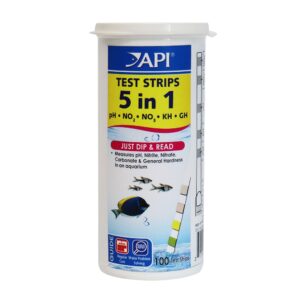 API 5-in-1 Aquarium Test Strips 100ct FW/SW
×
$49.962 × $24.98
API 5-in-1 Aquarium Test Strips 100ct FW/SW
×
$49.962 × $24.98 -
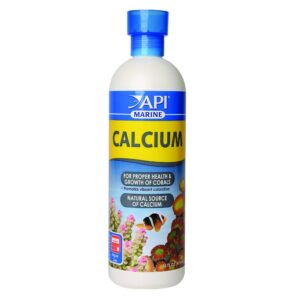 API Marine Calcium 16oz
×
$12.981 × $12.98
API Marine Calcium 16oz
×
$12.981 × $12.98 -
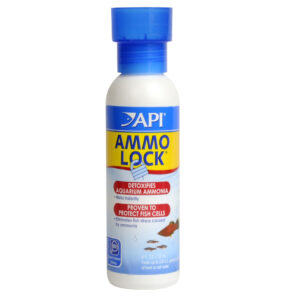 API Ammo Lock 4oz
×
$20.943 × $6.98
API Ammo Lock 4oz
×
$20.943 × $6.98 -
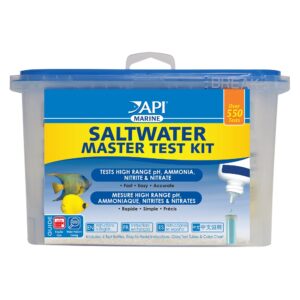 API Saltwater Master Test Kit
×
$107.943 × $35.98
API Saltwater Master Test Kit
×
$107.943 × $35.98 -
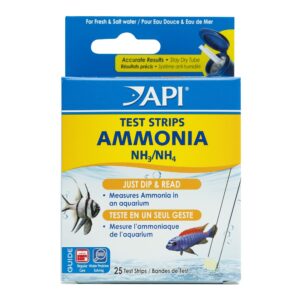 API Ammonia Test Strips 25ct FW/SW
×
$33.962 × $16.98
API Ammonia Test Strips 25ct FW/SW
×
$33.962 × $16.98 -
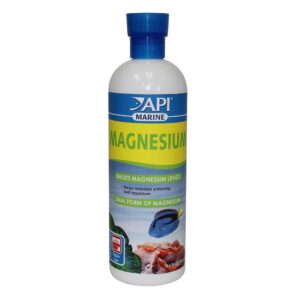 API Marine Magnesium 16oz
×
$25.962 × $12.98
API Marine Magnesium 16oz
×
$25.962 × $12.98 -
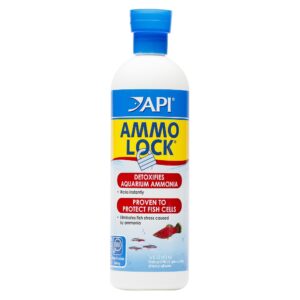 API Ammo Lock 16oz
×
$12.481 × $12.48
API Ammo Lock 16oz
×
$12.481 × $12.48 -
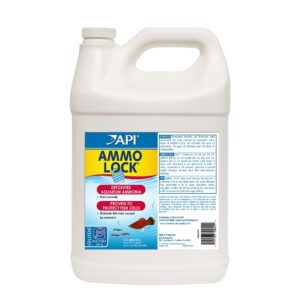 API Ammo Lock 1gal
×
$49.981 × $49.98
API Ammo Lock 1gal
×
$49.981 × $49.98 -
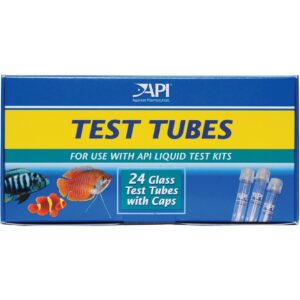 API Replacement Test Tubes w/ Caps
×
$29.981 × $29.98
API Replacement Test Tubes w/ Caps
×
$29.981 × $29.98 -
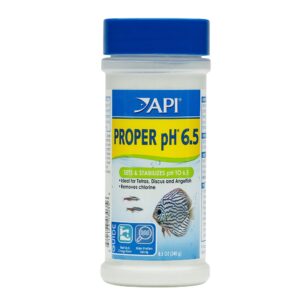 API Proper pH 6.5 Powder Small
×
$11.181 × $11.18
API Proper pH 6.5 Powder Small
×
$11.181 × $11.18 -
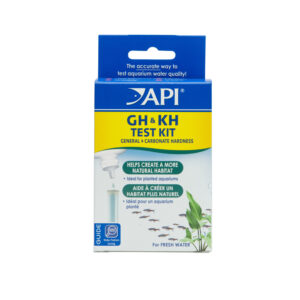 API GH & KH Test Kit FW
×
$11.981 × $11.98
API GH & KH Test Kit FW
×
$11.981 × $11.98 -
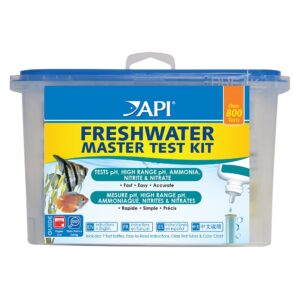 API Freshwater Master Test Kit
×
$35.981 × $35.98
API Freshwater Master Test Kit
×
$35.981 × $35.98 -
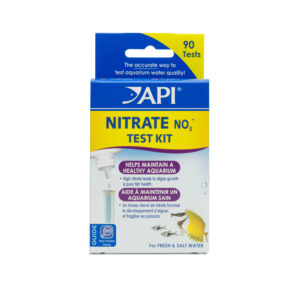 API Nitrate Test Kit FW/SW
×
$13.981 × $13.98
API Nitrate Test Kit FW/SW
×
$13.981 × $13.98

